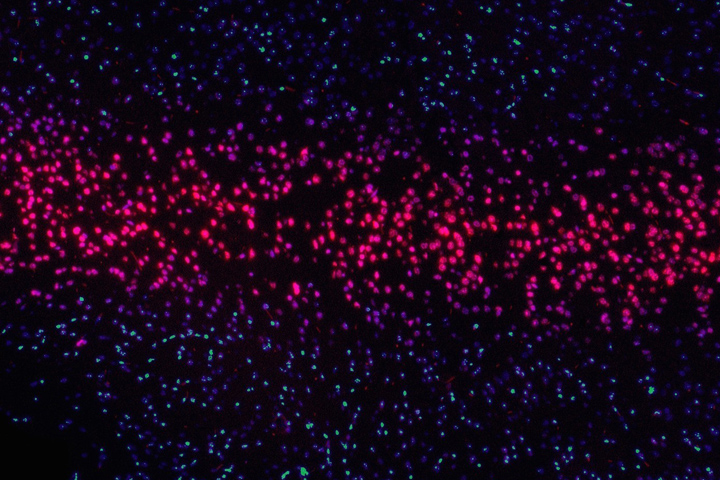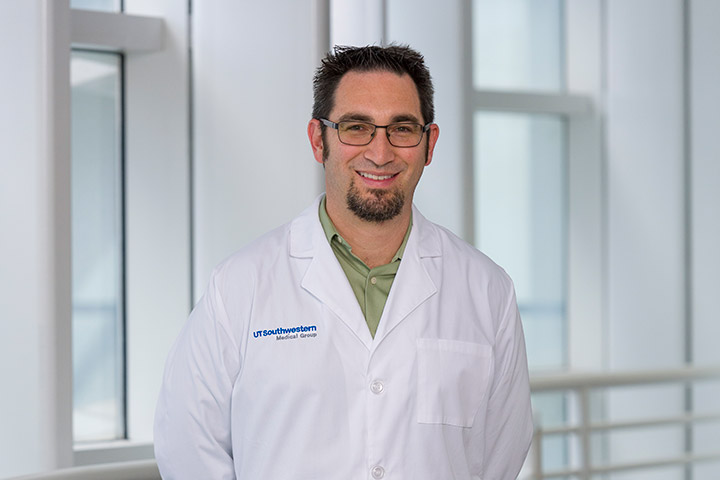Finding the Best Dose of Radiation and an Experimental Drug

Can a drug that reduces radiation damage make targeted radiation easier to tolerate?
A clinical trial seeks to find the best dose of stereotactic body radiation therapy (SBRT) when given with a drug to prevent mouth sores. This trial is for patients with locally advanced pancreatic cancer that cannot be surgically removed.
A Specialized Drug for Mouth Sores
One of the side effects of radiation is a condition called oral mucositis—painful sores in the mouth. Radiation treatment produces high levels of superoxides, a damage that if left untreated can be toxic to noncancerous tissue such as the lining of the mouth and the digestive tract. This leads to debilitating side effects, including oral mucositis. Oral mucositis can cause infection and lead to nutritional problems because eating becomes uncomfortable. Because of oral mucositis, patients undergoing radiation treatment often need to temporarily stop the treatments to recover from the sores, limiting the antitumor efficacy of radiation therapy.
GC4419 is a radiomodulating agent that works by reducing the damage induced by radiation. It helps convert superoxides into hydrogen peroxide, which is selectively toxic to tumor cells. GC4419 therefore acts on two fronts: it prevents occurrence of oral mucositis and it enhances the action of radiation on tumors.
High-Dose Radiation
SBRT uses multiple beams of high-dose radiation focused on a specified location in the body. The precise location for the radiation beams is determined using 4-D imaging to map the area that will receive treatment. Metal markers are then implanted to outline the boundaries of that area, hence limiting the exposure of healthy tissue to radiation.
Trial Details
Participants will be randomly divided into two groups. The experimental group will receive SBRT plus GC4419, while the control group will receive SBRT plus a placebo. Researchers are looking for the best tolerated dose of SBRT plus GC4419.
We encourage you to consult your physicians for clinical trials that may be right for you. The website ClinicalTrials.gov provides more details about this trial as well as many others. You can visit the Let’s Win Trial Finder for a listing of all active pancreatic cancer clinical trials.
This trial remains active but is no longer recruiting.






